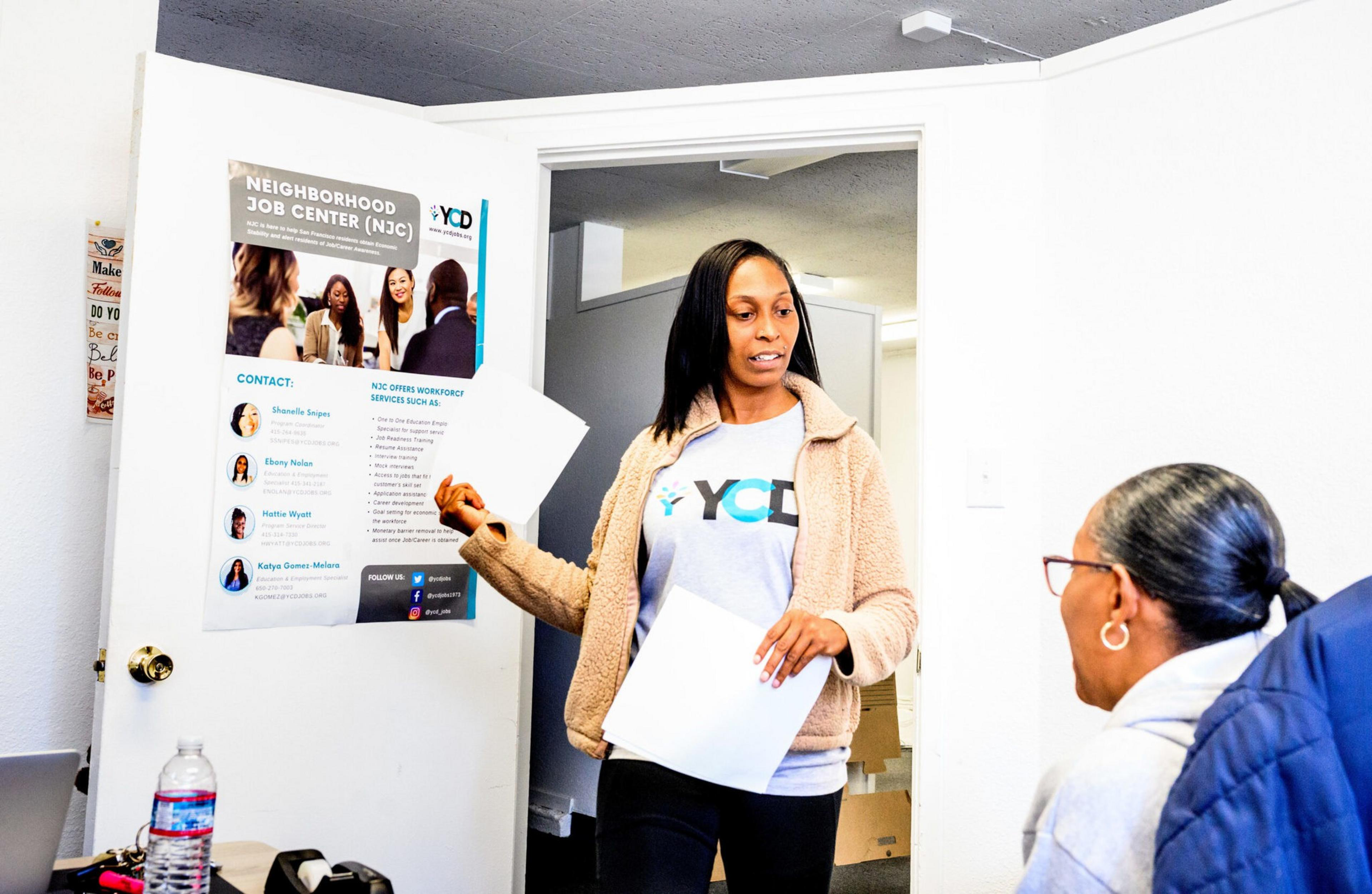The San Francisco Public Defender’s Office has identified 1,300 people who may be eligible to get their criminal records cleared under a brand-new California law. The new Fresh Start Act, which took effect on Jan. 1, could dramatically increase the number of San Franciscans who are able to leave their past criminal convictions behind in 2023.
The new law (opens in new tab) eliminates victim restitution as a roadblock to clearing an old criminal record.
Written by state Sen. Scott Wiener, D-San Francisco, it’s another step in a cascade of recent California legislation expanding options for people who want to keep their past convictions under wraps (opens in new tab) and get out from under court fines (opens in new tab).
People who are convicted in court are often haunted by their crimes for years after they’ve finished serving their time. Criminal convictions show up on background checks, causing issues when applying for jobs or housing. That’s why many seek to get their records expunged—a general term for the collection of legal processes Californians can pursue to make their criminal history less public.
Previously, judges could toss out expungement requests if the person still owed restitution debt for their crime, but The Fresh Start Act prevents that practice.
Kelly Pretzer was thrilled when the bill passed. As a San Francisco deputy public defender, she’s had many clients who wanted to pay off their restitution debt, but failed to find a good job because of the red flag on their background check.
“We kind of wound up in that Catch-22 where the best thing for them to be able to earn more money would be to get their expungements, but they couldn’t do it because they didn’t have enough money to pay the restitution,” Pretzer said.
Once the law went into effect, Pretzer identified about 1,300 clients of her office that were previously blocked from expungement because of an outstanding restitution debt. She’s begun a detailed review of each case.
The cases in Pretzer’s initial review include convictions as old as 1995 and as recent as 2019. The amount of outstanding victim restitution for the cases ranges from as low as a couple hundred dollars to as much as $200,000, according to data Pretzer shared with The Standard.
Getting an expungement doesn’t erase an individual’s restitution debt, but the California District Attorneys Association had opposed the Fresh Start Act, citing concerns that once people’s records were cleared, they’d have even less incentive to pay back their victim.
As the Fresh Start Act wound its way through the legislature last year, District Attorney Brooke Jenkins continued opposing expungements when defendants owed victim restitutions.
But now that the law has passed, San Francisco prosecutors no longer consider outstanding restitution when they review expungement petitions, said Randy Quezada, spokesperson for the SF District Attorney’s Office.
“This law will improve indigent and low-income petitioners’ ability to move on with their lives and seek better outcomes for themselves and their families,” Quezada said. “Ultimately, the law does not remove the responsibility to pay the restitution they owe victims but importantly allows for cases to be expunged so that they may be in a better position to pay in the future.”

“We took on the fight for the Fresh Start Act to help people reintegrate into society after an encounter with the criminal legal system,” Wiener said in a statement. “With the law now in effect, it’s a joy to see that so many of my constituents will now have that chance.”
One of those constituents is Ebony Nolan, who was convicted of a felony crime in 2007 when she was 19 years old. Prosecutors blocked her expungement request last year because she owed the court about $700 in victim restitution. But with the Fresh Start Act in effect, a judge officially signed the order to expunge her record earlier this month.
“I’m thankful to God all of that stuff got expunged,” Nolan said. “I can apply for more jobs that I want to and not have my record come back [showing] a felony.”
While it’s unclear exactly how many people the new law may impact, more than 100,000 people have been convicted of felony crimes in California in most recent years, crime data shows (opens in new tab). Many of those people are required to pay restitution to victims—in fact, an unpublished study of California cases in 15 counties by Delaney Green, Clinical Supervisor at the UC Berkeley School of Law, found that the median amount defendants are ordered to pay to crime victims is $10,000.
People convicted of crimes in the San Francisco Superior Court alone owed a combined outstanding balance of over $11.8 million to crime victims as of last August, according to data from the court.
